Changing Lives
Stress & Anxiety Resources

Frequently Asked Questions About Stress and Anxiety
There’s a fine line between stress and anxiety—both are emotional responses.
The difference is that stress is typically caused by an external trigger. The trigger can be short-term, such as a work deadline or a fight with a loved one or long-term, such as poverty, discrimination and chronic illness.
People under stress experience mental and physical symptoms, such as irritability, anger, fatigue, muscle pain, digestive troubles and difficulty sleeping.
Anxiety, on the other hand, is defined by persistent, excessive worries that don’t go away even in the absence of a stressor. Anxiety leads to a nearly identical set of symptoms as stress: insomnia, difficulty concentrating, fatigue, muscle tension and irritability.
Stressors can vary, and although they can be described as good or bad, the impact of stressors often depends on your perception of potential threat. Here are three general types of stressor:
- Routine stress, related to the pressures of work, family and other daily responsibilities
- Stress brought about by a change, such as losing a job, moving homes or illness
- Traumatic stress, experienced in an event in which serious harm or danger was possible
It’s important to note that everyone feels anxiety to some degree regularly throughout their life. Doctors don’t completely understand what causes anxiety disorders.
It’s currently believed certain traumatic experiences can trigger anxiety in people who are prone to it. Genetics may also play a role in anxiety. In some cases, anxiety may be caused by an underlying health issue and could be the first signs of a physical, rather than mental, illness.
A person may experience one or more anxiety disorder at the same time. It may also accompany other mental health conditions such as depression or bipolar disorder. This is especially true of generalized anxiety disorder, which most commonly accompanies another anxiety or mental condition.
Very often, stress can be useful, particularly when we’re exposed to immediate danger. Yet recurring, ongoing or chronic stress can cause you to experience persistent, low-levels of stress, leading to a weakened immune system, making you feel depleted and overwhelmed, at the very least.
Both mild stress and mild anxiety respond well to similar coping mechanisms. If your stress or anxiety does not respond to these management techniques, or if you feel that either stress or anxiety are affecting your day-to-day functioning or mood, consider talking to a mental health professional who can help you understand what you are experiencing and provide you additional coping tools.
Some ways to manage stress and anxiety include:
- Physical activity
- Eating a nutritious and varied diet
- Maintain good sleep habits
- Cultivate social support
- Muscle relaxation
- Meditation
- Spend time in nature
- Reframe your thinking
- Find activities you enjoy
- Seek help
Downloadable Resources
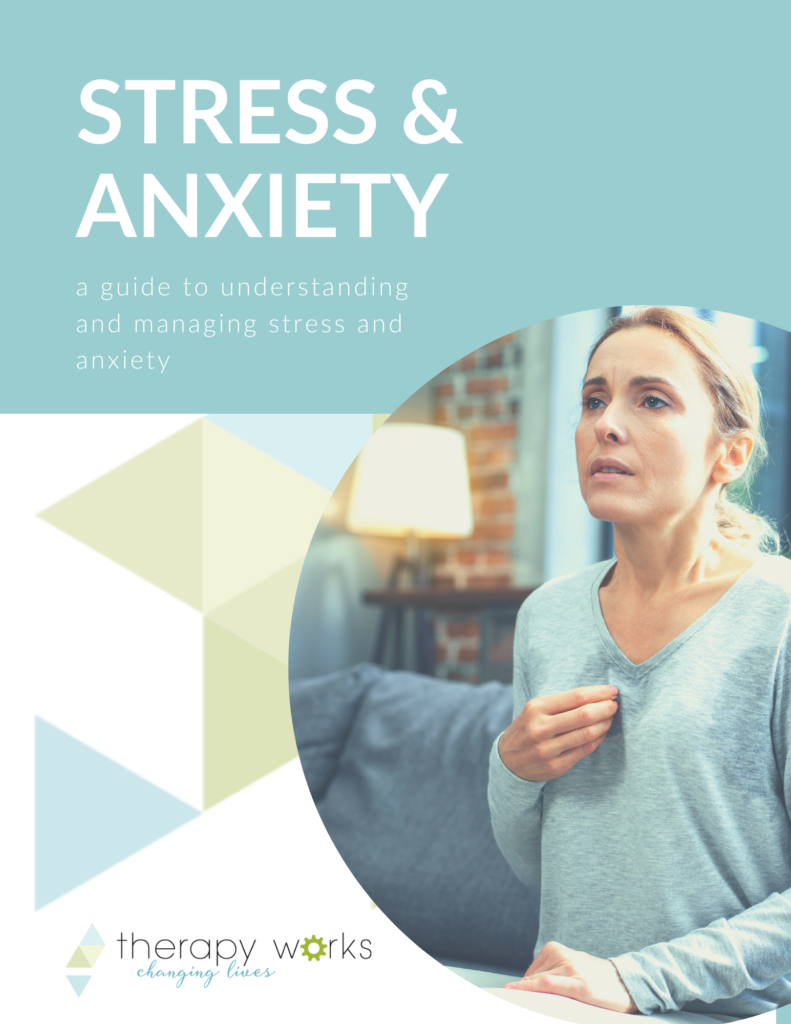
Guide To Understanding and Managing Stress & Anxiety
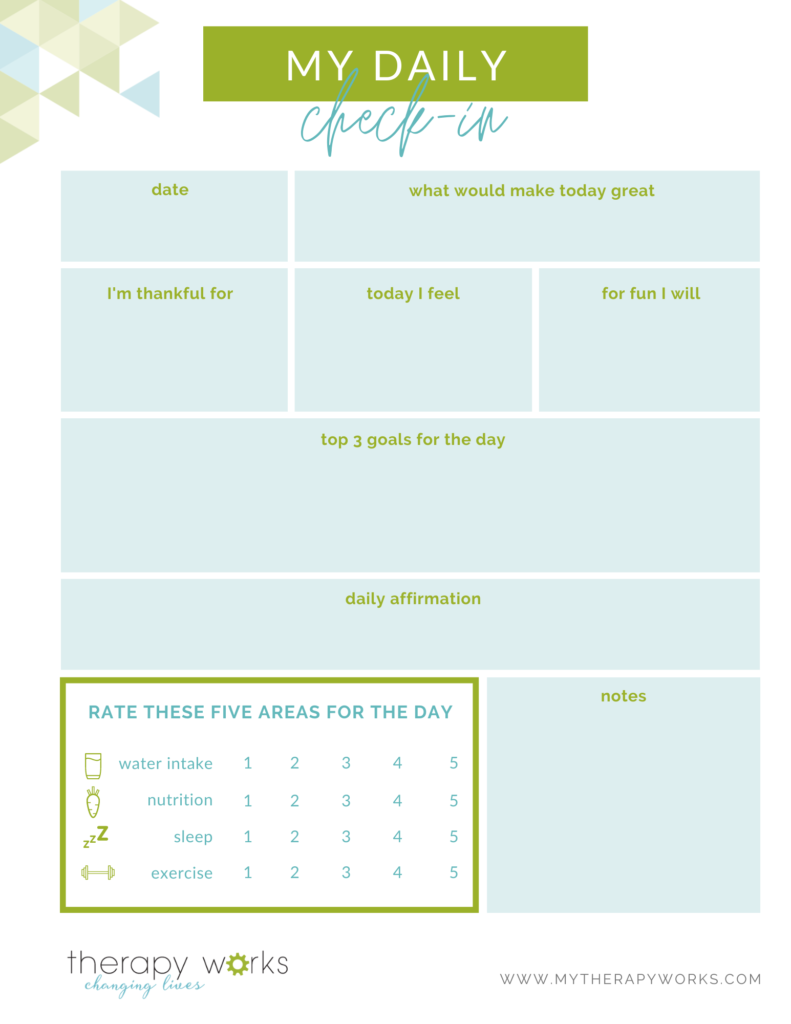
Mental Health Check In Worksheet
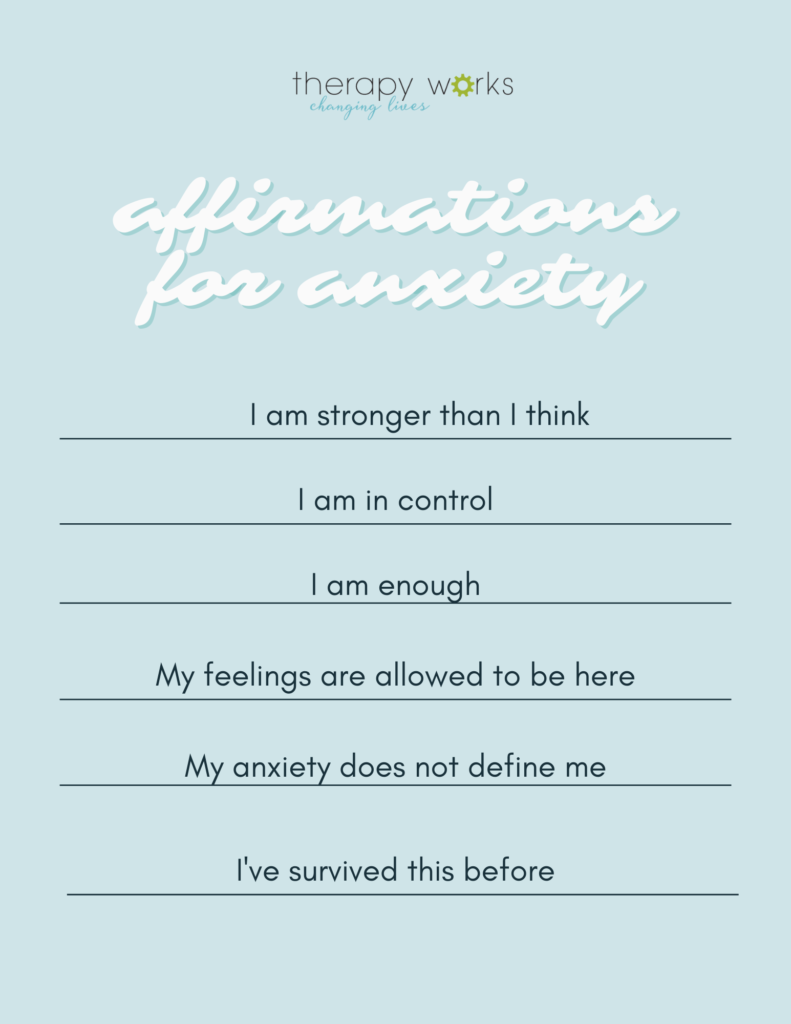
6 Affirmations For Anxiety
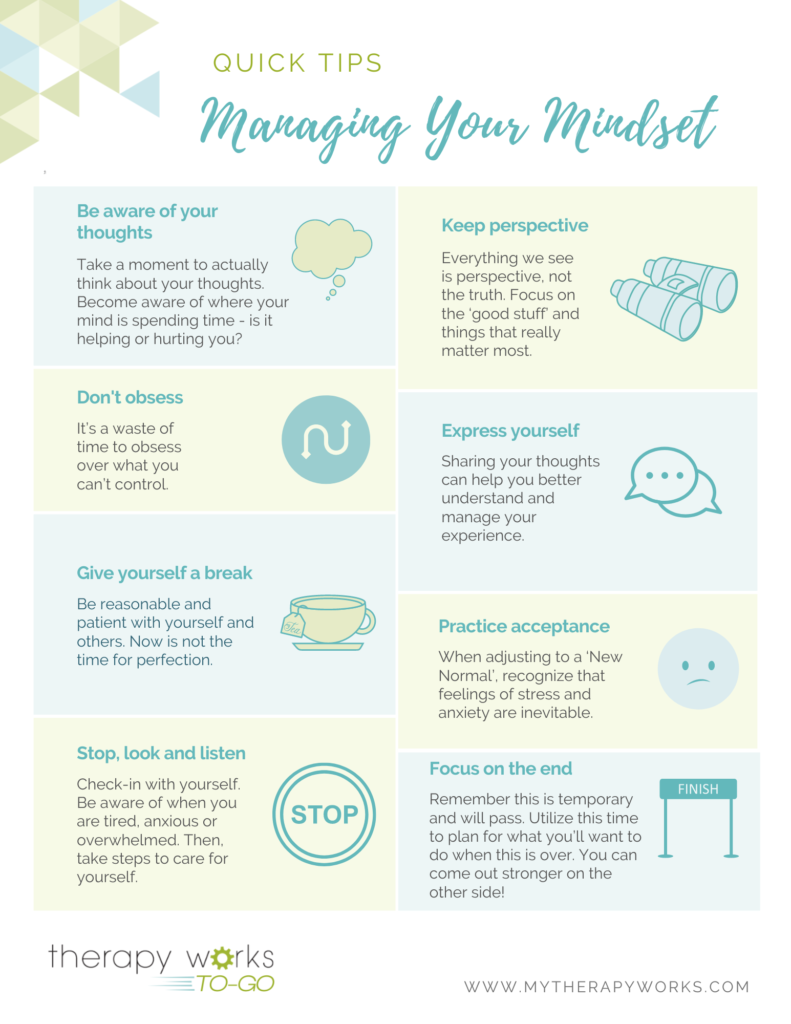
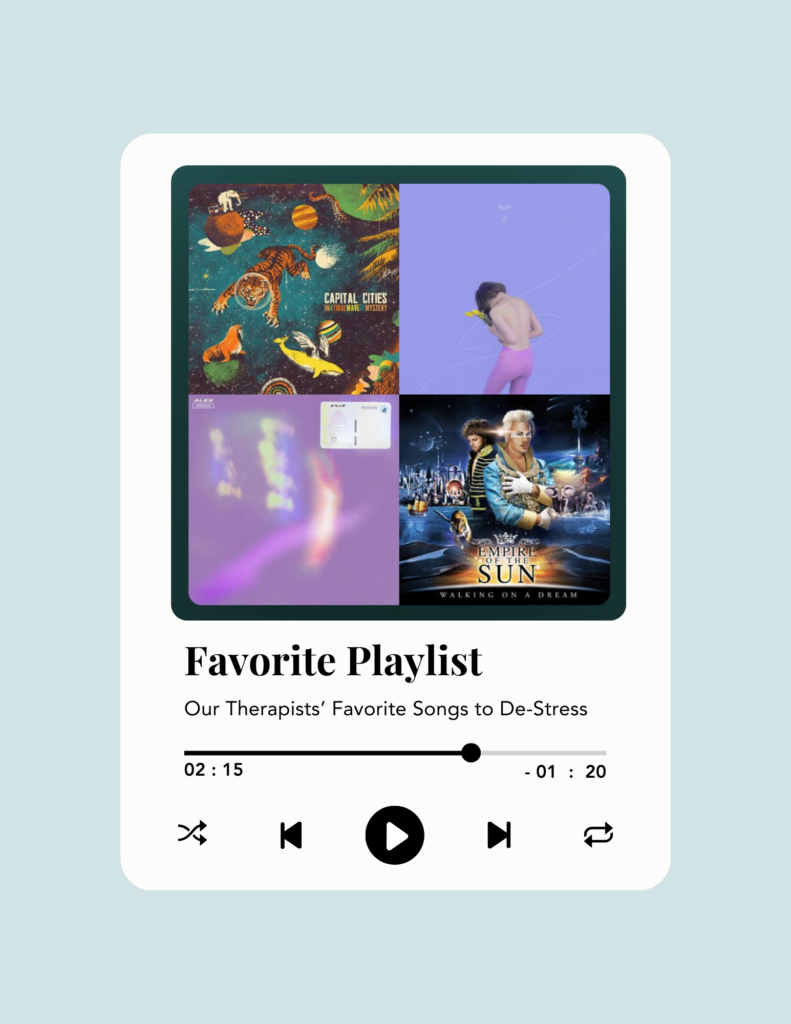
Helpful Articles

Is it a panic attack or anxiety?

Foods that help with anxiety and stress

6 Ways AI Can Help Reduce Stress
In today’s world, stress seems to be an unavoidable companion for many of us. Juggling work, family, and personal responsibilities can leave us feeling overwhelmed and mentally exhausted. Fortunately, advancements in technology, particularly in artificial intelligence (AI), are offering innovative solutions to help alleviate stress and promote well-being. When used responsibly, technology can also help reduce stress.

Tips For Managing Work Stress
Everyone will feel pressure and stress at work, no matter what work you do, and whether you love what you do or not. Certain seasons of work and life will come with more stress and pressure than others. The good news is that there are habits you can build and techniques you can use to help manage work stress.
Whenever you’re ready, here are ways we can help:
- Schedule an appointment – Schedule Now
- Try virtual counseling from home – Learn about telehealth
- Get to know our therapists – Meet our team!
- Share this with someone – Just send them this link
- Let’s Chat! – Email us
Recent Posts
Therapist-Approved Gift Guide: Thoughtful Gifts for Everyone On Your List
Top Factors Impacting Kids’ Mental Health Today
Suicide Prevention: Resources and Support for Those in Need
The Importance of Mental Health Check-Ins for School-Aged Children: Supporting Academic Success and Well-Being
The Importance of Friendships for Mental Health
Escape Stress: Discover the Best Relaxation Spots in Santa Cruz
Navigating the Transition from School Year to Summer: A Focus on Kids’ Mental Health
Contact
Email: hello@mytherapyworks.com
LOS GATOS OFFICE
P: 408-508-6789
F: 408-399-8909
A: 334 Village Lane, Los Gatos, CA 95030
Click for Map
CAPITOLA/SANTA CRUZ OFFICE
P: 831-525-5000
A: 519 Capitola Ave. Suite A, Capitola, CA 95010
Click for Map
SCOTTS VALLEY OFFICE
P: 831-525-5000
A: 125 Bethany Drive, Bldg B, Suite 101, Scotts Valley, CA 95066
Click for Map